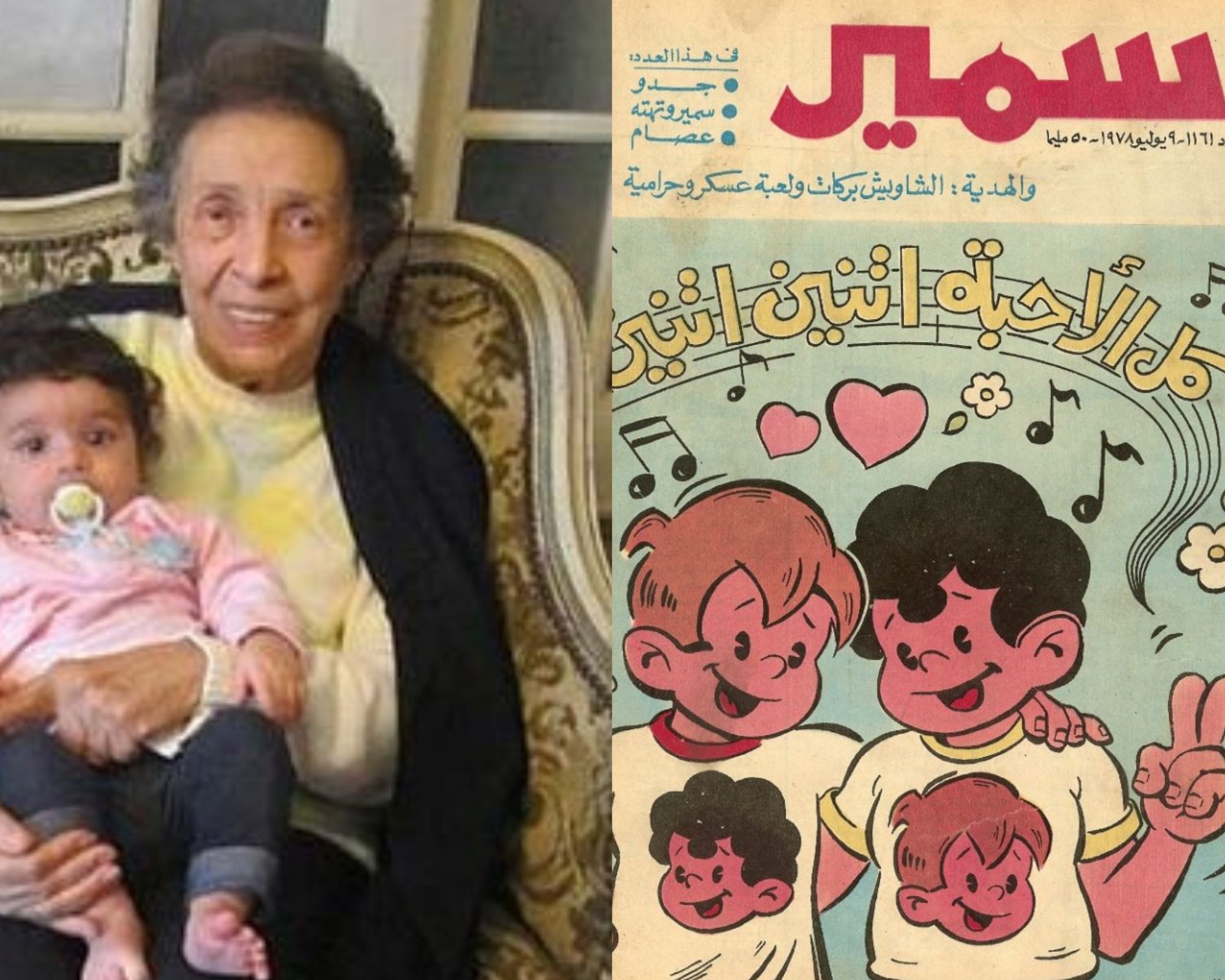As an author who managed to embed elaborate and immersive worlds into the pages of her stories — touching and influencing the lives of adults and children alike — Notalia Rashed is a pioneer in children’s literature. Endearingly known as ‘Mama Loubna,’ Rashed devoted years of her life to the creation and promotion of children’s literature in the Arab world. Born on 20 September, 1934 in Cairo, Rashed studied at Cairo University, where she wrote her first children’s stories, inspired by Egypt’s 20th century history. By 1953, her work jumped from ink on paper to radio broadcasts, and by the late 1950s, she helmed the creation of the groundbreaking educational Arab children’s magazine, Samir, which she later oversaw as editor-in-chief from 1966 until 2002. Through her work, Rashed aimed at providing children all over the world with an authentic depiction of life in contemporary Egypt through her stories. In 1979, she published Abo Qir and Abo Seer, a modern adaptation of Alf Leila w Leila (A Thousand and One Nights), which blends Egypt’s cultural heritage with modern life. “The world knew Pharaonic Egypt, and Egypt in the early Arab and…
Meet the Egyptian Author Who Devoted Her Life to Children’s Media Awareness
October 1, 2022



